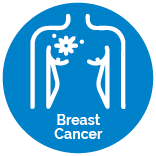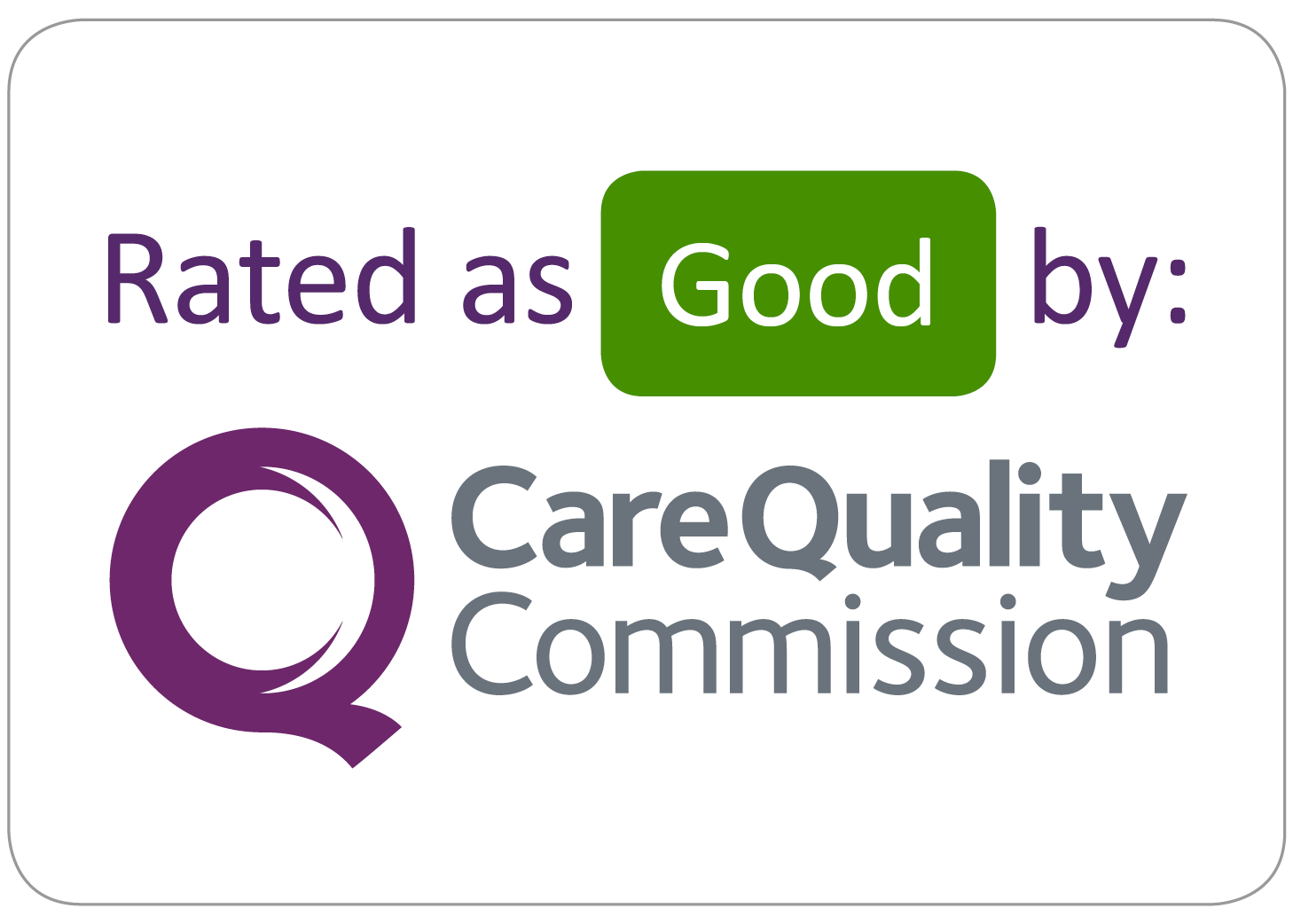Breast Cancer Services

Breast cancer is the most common cancer affecting women. It mostly occurs in older women and is uncommon under the age of 40. It is rare in men.
Referrals for this service come directly from your GP and does not necessarily mean you have breast cancer.
Most people who have a referral to our services will not have breast cancer diagnosed.
More than 70% of women with breast cancer survive after treatment. The amount of treatment needed depends on the type of cancer and whether it has spread beyond the breast. Effective treatment and the chances of cure are greatly improved with earlier diagnosis.
The video below from BREAST CANCER NOW, has more information on Breast awareness.
Red flags to look out for
Early signs
- lumps inside the breast or underarm area.
- changes in breast size and shape.
- pain in a specific area that does not go away.
- prominent veins on the surface of the breast.
- Ongoing nipple discharge
- a sore or rash on the nipple.
- swelling, redness, or darkening of the breast.
Breast Cancer Signs and Symptoms
- Swelling of all or part of a breast (even if no lump is felt)
- Skin dimpling (sometimes looking like an orange peel)
- Breast or nipple pain.
- Changes in the nipple inversion or eversion (turning inward/persistently erect)
- Nipple or breast skin that is red, dry, flaking, or thickened.
- Blood stained Nipple discharge (other than breast milk)
What happens when I attend clinic?
When you attend this clinic, you will have some investigations where you will undergo an examination by a Doctor, Imaging tests such as a Mammogram and Ultrasound scan and possibly a biopsy.
We aim to complete all these tests the same day and will ask you to return the following week for any results that are not available on this day.
We offer rapid advice, diagnosis and treatment to patients with symptomatic breast problems, such as:
a change in appearance eg puckering or dimpling of the skin; a change in the outline or shape of the breast, especially those caused by arm movements or by lifting the breast
discomfort or pain eg discomfort or pain in one breast that is different from normal, particularly if new and persistent
lumps eg any thickening or bumpy areas in one breast or armpit which seems to be different from the same part of the other breast and armpit. This is very important if it is new.
nipple changes eg discharge from the nipple that is new for you and not milky; bleeding or moist reddish areas that do not heal easily; any change in nipple position – pulled in or pointing differently; a rash on or around the nipple.
Most of these symptoms do not turn out to be breast cancer but should be checked by a medical professional.
When there is a diagnosis of breast cancer you will be allocated a Clinical Nurse Specialist who will be your key worker offering continuous support and ensuring you get the best possible care.
The Clinical Nurse Specialist works very closely with a team of Doctors, Nurses, Radiologist and Oncologist Consultants, Radiographers, Pathologists and our Macmillan services.
Treatment for breast cancer is generally a combination of Surgery, Chemotherapy, Radiotherapy and Endocrine therapy. However not all patients may require all these treatments.
Further advice and support
Breast Cancer Now - www.breastcancernow.org
Macmillan Cancer Support www.macmillan.org.uk
CHFT Cancer Information and Support Service this link will open in a new page

















